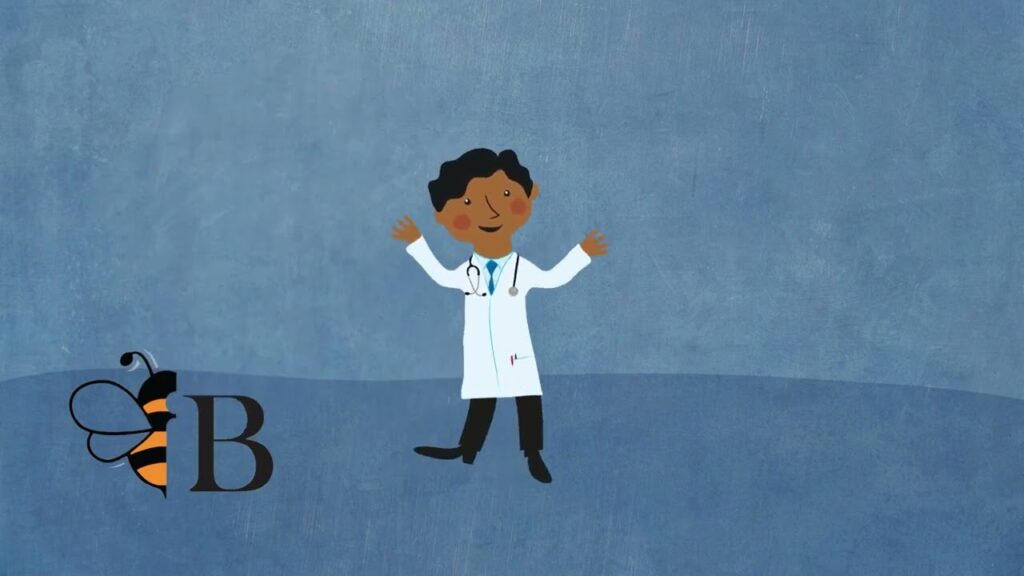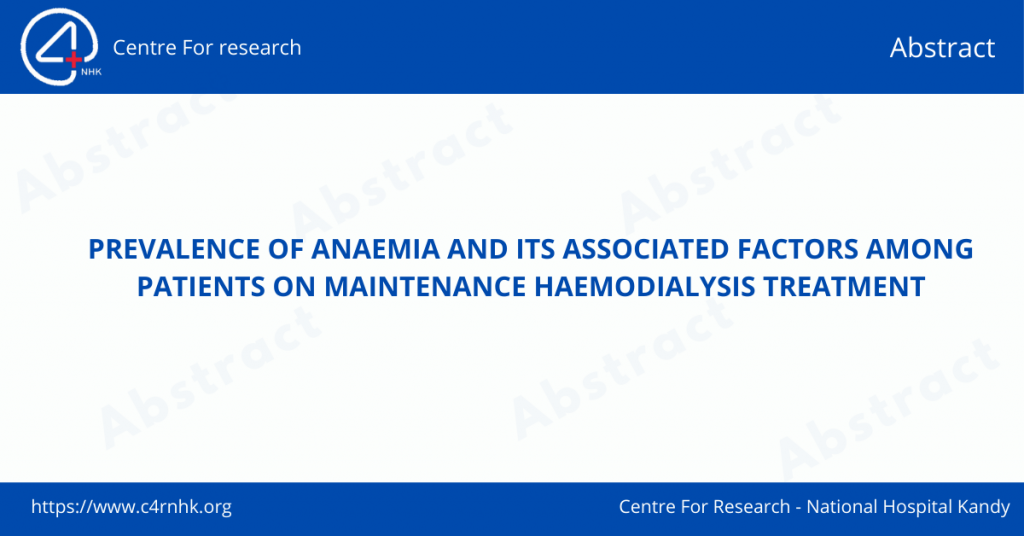A research has discovered that consuming at least four cups of tea every day can help minimise the chance of acquiring type 2 diabetes.
Researchers in China found that drinking four or more cups of tea a day reduced risk by 17 per cent over a decade. Xiaying Li, a China’s Wuhan University of Science and Technology professor and the study’s lead author, remarked that their findings were “exciting”. They suggested that people could reduce their risk of developing type 2 diabetes by doing something as simple as drinking four cups of tea a day.
Li speculated that adding milk to tea might increase the protective effect. Previous research has indicated that dairy products can also have an anti-diabetic effect. Still, she and her seven co-authors did not study the impact of milk in tea as part of their investigation.
Nineteen studies examining the link between tea consumption and diabetes were pooled together for this meta-analysis. These studies included over 1.1 million adults from eight countries in Asia, Europe, and the Americas, including one from the United Kingdom. Black, green, and Oolong tea, all varieties of traditional Chinese tea, were found to have a “significant linear correlation” with a lower risk of diabetes.
People who drank one, two, or three cups of tea per day had a 4% reduced risk, while those who drank four or more cups per day had a 17% reduced risk compared to non-tea users. It had the same effect on both sexes.
“It is plausible that certain components in tea, such as polyphenols, may reduce blood glucose levels,” Li said when asked whether tea would protect against diabetes. “But a substantial amount of these bioactive chemicals may be needed to be effective.”
Diabetic cases have reached around 4 million in the UK. 90% of those diagnosed have type 2, linked to poor lifestyle choices like being overweight. The others have type 1, an autoimmune disorder typically diagnosed in young children and unrelated to diet or lifestyle. The organisers of the Stockholm conference conducted a peer assessment of the findings, even though they have not yet been published in a medical publication.
![]()



